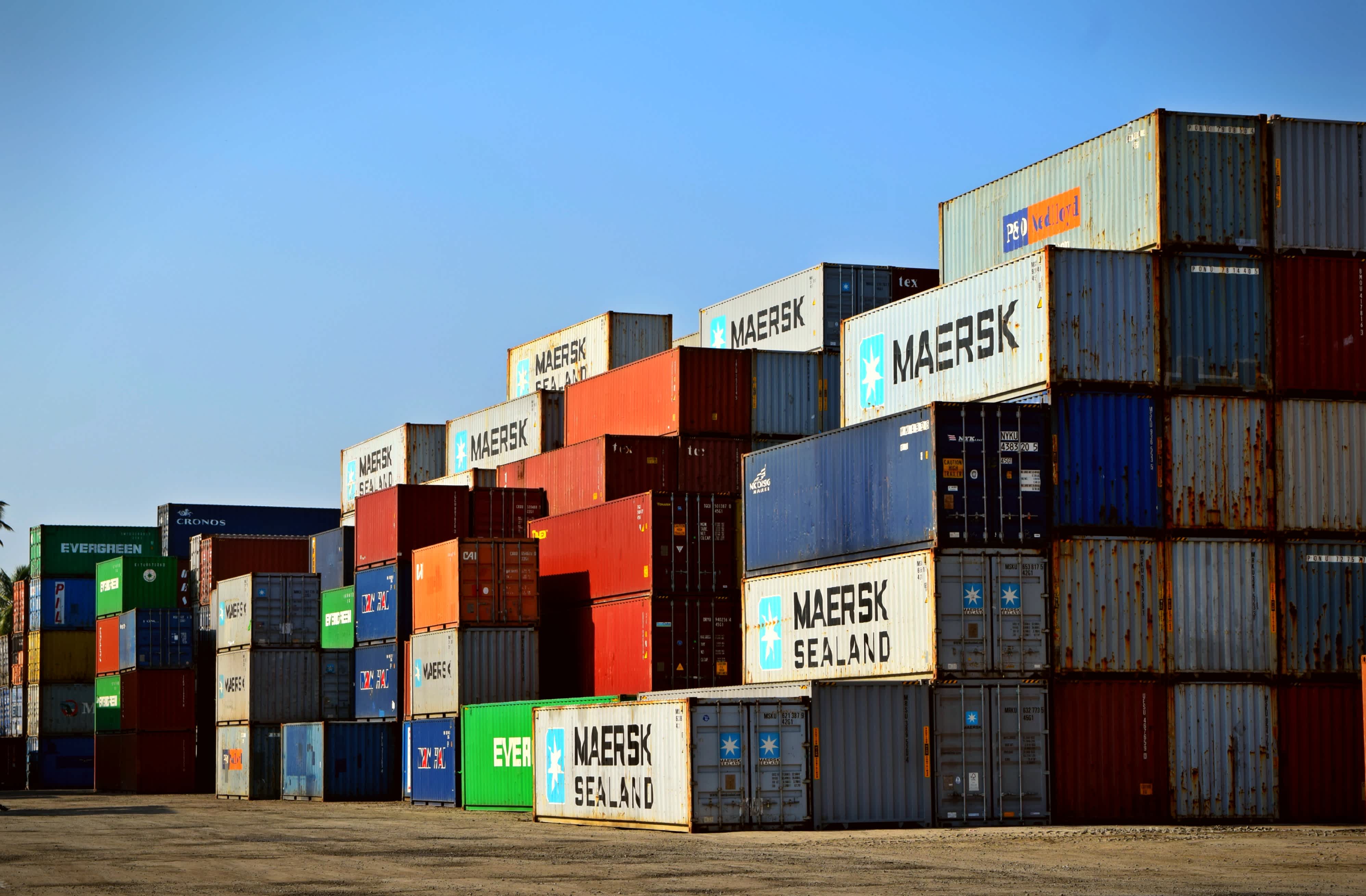Covid-19
Funding for businesses experiencing supply chain problems and delays
26 Sept 2021
The rise in the price of natural gas is having a significant impact on supply chains across the UK and overseas. Let’s take a closer look at how supply chain disruption is impacting different sectors, and explore how businesses can use funding to boost their cash flow.

Ever since fertiliser giants Yara and CF Industry Holdings ceased production due to a significant increase in gas prices, CO2 has been in short supply around the world. The price of natural gas rose by over 70% across Europe in August alone.
On Tuesday, the Government managed to strike a deal to enable the fertiliser plants to resume operations, however it’s not yet clear as to how long it'll take to clear the backlog.
Trade bodies warn that businesses in the food supply chain could be severely disrupted if CO2 production doesn’t restart imminently.
Carbon dioxide is utilised throughout food supply chains in the UK. It’s used in slaughterhouses, the packaging process, fizzy drinks and to keep medical supplies, food and other products at a stable temperature during transportation.
Ongoing supply chain disruption
Of course, it’s not just energy companies and CO2-dependent businesses that are potentially facing – or already experiencing -– supply chain roadblocks.
At Funding Options, we specialise in matching businesses from a wide variety of sectors with the finance they need to recover, trade and grow. Our purpose is to provide businesses in the UK and NL with the cash they need to mitigate operational barriers – including supply chain problems and delays.
In recent weeks and months, some of our customers have been experiencing a number of supply chain issues. One such example relates to the shortage of vehicles coming into the UK, whilst main contractors, including DPD, DHL and UPS, add new routes.
It means companies are having to buy much older vehicles and order new ones in the knowledge that they won’t arrive until Spring/Summer 2022.
Many of the construction firms we work with are having to order materials well in advance, due to 8-12 week delivery timeframes, and this is putting pressure on their cash flow. We’ve also noticed that most businesses that import from overseas are experiencing delays and increased shipping costs due to disruption caused by the coronavirus pandemic and Brexit.
At a time when many businesses can’t rely on their usual suppliers, we’ve helped a number of businesses to secure cash in order to bolster their stock inventory and open up additional lines with alternative suppliers.

Shipping containers for logistics
Cash flow for supply chain issues
If your supply chain is being disrupted by the coronavirus pandemic, you might be eligible for finance through the Recovery Loan Scheme (RLS). The RLS is open to businesses of all sizes – there’s no turnover cap. Up to £10 million is available, and the funding can be used for any business purpose, including boosting cash flow and buying more stock.
However, it’s important to note that the RLS isn’t the only funding option. If you need to boost your business’ working capital, you may want to explore the following finance types.
Supply chain finance
Supply chain finance (or reverse factoring) is designed to enable suppliers to receive prompt payment on their invoices. It mitigates the cash flow risk associated with supply chain disruption, helping both buyers and suppliers to stimulate their working capital.
Supply chain finance is set up by the buyer. Suppliers can get supply chain finance based on the buyer’s credit rating as opposed to their own. Because of this, suppliers may be able to access finance at a lower cost. It’s a way for smaller businesses to benefit from the higher credit scores of their buyers, and for buyers to lengthen their payment terms.
Asset finance
If you need a new piece of machinery or equipment but don’t have enough cash to invest upfront, asset finance could help. It enables you to spread the cost of an asset over a longer term. Depending on the type of asset finance you get, you can purchase the asset outright at the end of the term or upgrade to a newer model.
Asset refinance, on the other hand, allows you to use an asset that you own – such as a vehicle or plant machinery – as security for a business loan. Asset finance is available under the RLS, but you can get asset finance outside of the scheme too.
Revolving credit facility
A revolving credit facility lets you access cash on a revolving basis. You can withdraw funds, repay and withdraw again when you need a cash injection. It’s cyclical design makes it one of the most flexible forms of business finance.
Unlike a term loan, where you borrow funds and pay an amount back each month – plus interest – according to a set repayment schedule, you can borrow money and pay it back throughout the duration of the revolving credit facility’s term.
Use the Funding Options platform to see what type of finance you could be eligible for today. Our technology matches you with a panel of over 120+ business finance lenders, and it won’t affect your credit score.
Get startedSubscribe to our newsletter today
Sign up for the best of Funding Options sent straight to your inbox.
